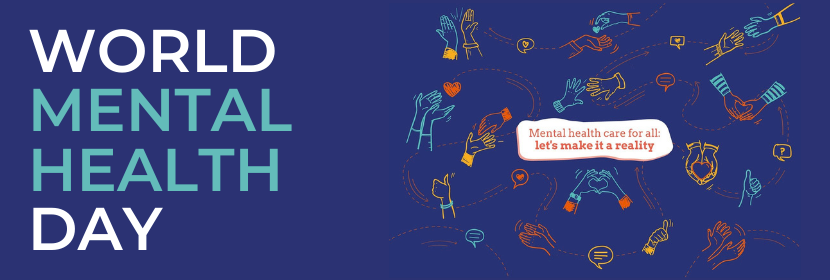
I welcome the increased focus on mental health. Family doctors can contribute in the process of developing better care for those suffering from mental health issues.
However, we should take care, not to fall prey to fragmentation in the medical understanding of mental health. Let me share two major concerns of mine.
First and foremost, we must be our patients` guardians, and be careful not to mix ordinary, healthy stress reactions with psychiatric disease. The medical classification systems impact the way we communicate with patients as well as within the health care system. Labeling people with depression or anxiety does not necessarily meet the need of a person under stress with normal reactions to an abnormal and frightening situation like the pandemic.
Family doctors have the best tool and opportunity to treat what we often refer to as “lighter psychiatric conditons”. Knowledge of the patient`s context, often of his family as well, his medical history and thereby also insight into resources, - all of this helps tailoring care, and helps to contain the patient in primary care. Watchful waiting is a powerful tool to avoid overdiagnosis of mental health conditions.
Secondly, in the current discourse on mental health, strong forces want mental health services established outside the already existing services, based on a presupposition that mental health is something that needs a new kind of professionals and service provision.
Family doctors know better than anyone, that mental health is closely connected to physical health, living conditions and the patient`s local context. We should make an effort to make our competencies in the field visible, and document how we, together with our primary care colleagues of different professional backgrounds, meet the needs for care for the majority of those with mental health issues. Also for the serious and chronic psychiatric conditions the continuity of care by family doctor is a cornerstone in mental health services, as we can tailor care to the patient, - knowing when hospitalization is necessary and when we can contain the patient in the community.
What we should ask for is: sufficient time, a multiprofessional primary care team, access to medicines and secondary care when needed. Short time interventions can make the difference. One of my early mentors in family medicine, put it this way: “The best help for a person in agony, is the presence of another human being”.
Dr Anna Stavdal,
WONCA President-Elect
Published on 16 October 2021.